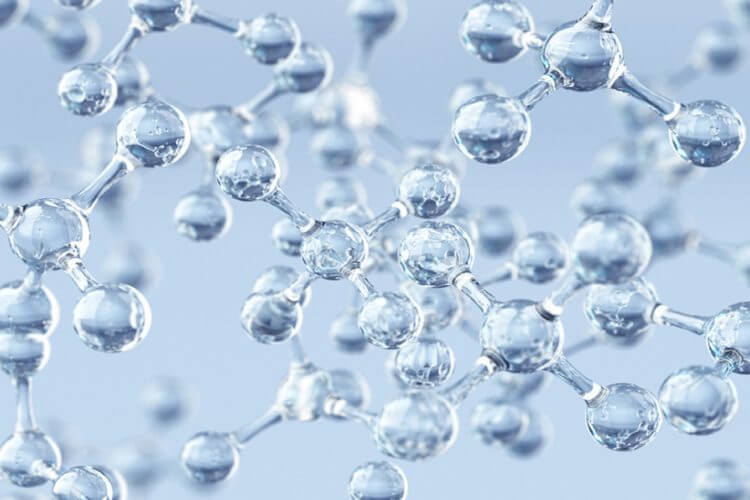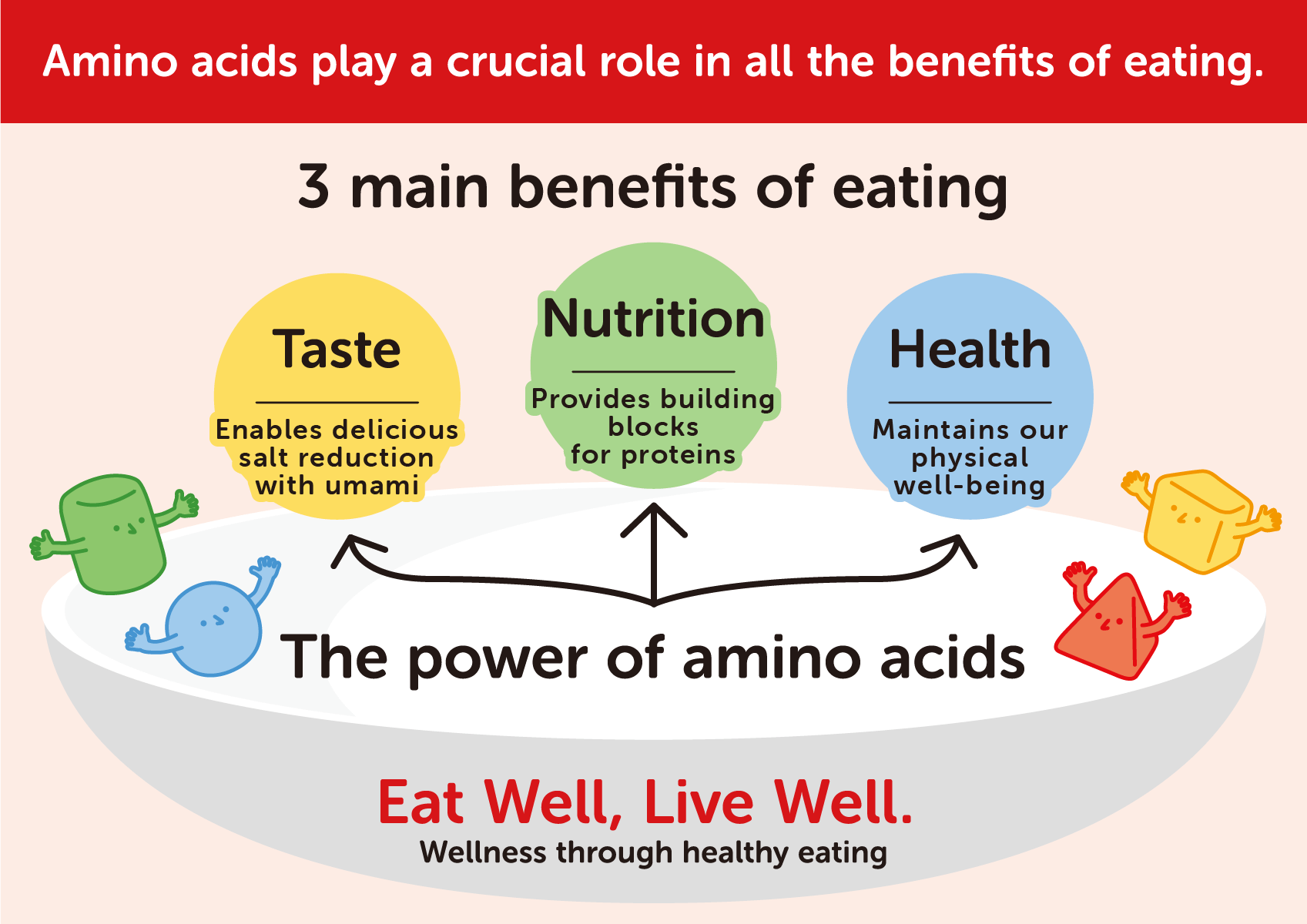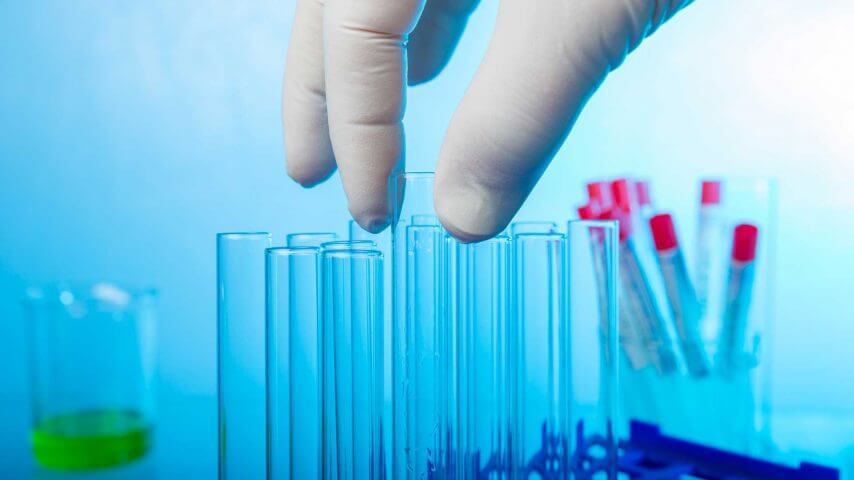Reading Time: 4 minutes

Table of Contents
Some scientific discoveries happen by accident—think penicillin. In 1928 biologist Alexander Fleming returned to his lab from holiday to find mold growing in a petri dish containing a bacterium responsible for many common infections. He noticed the bacteria would not grow near the mold. Research revealed that the mold, penicillium, could be used to combat pathogens that caused diseases ranging from pneumonia and diphtheria to meningitis and scarlet fever. Fleming’s discovery gave birth to the field of antibiotics and ultimately saved untold millions of lives.


Something similar, if less momentous, occurred in the early 2000s when the Ajinomoto Group was studying the physiological effects of two amino acids. The blind study featured a control group given a placebo. That placebo contained a third amino acid, glycine, thought to have no special properties. One of the researchers participating in the study sometimes forgot to take his dose in the morning and instead took two before bed. On those nights he noticed he slept better and woke feeling refreshed. When the test was over, he learned he’d been taking the placebo containing glycine. Further research led to the development, in 2005, of a glycine-based supplement to help people sleep.
This discovery also led to inspiration for one person involved. At that time, Chika Morishima was a processed-food developer recently transferred to the Ajinomoto Group’s amino acid supplements mail order division. The glycine supplement was her introduction to the field of amino acid science. “That’s when I came to understand amino acids are the most fundamental component of the human body and to appreciate their potential to bring happiness to people’s lives,” recalls Morishima, now an executive officer in charge of corporate communications.

Chika Morishima, an executive officer in charge of corporate communications
Morishima’s experience also made her aware of the connection between eating and health. Our bodies contain over 100,000 different proteins, all of which are made up of combinations of just twenty amino acids, nine of which must be obtained from food. These proteins are used to build muscle as we grow. “Muscle proteins are broken down and used for energy,” explains Morishima, “so amino acid intake is essential for repairing muscles when they become deficient in proteins.” This is also especially important when we exercise and as we age.
The power of amino acids goes further. They underpin all the body’s vital functions, including sleep, and maintain our physical well-being. “When certain amino acids are lacking, or out of balance, those functions cease working properly,” says Morishima. “A wide range of amino acids work to maintain homeostasis, the body’s normal state.” Some also make foods taste great, ensuring we get adequate nutrition without the need for much added salt, crucial since excessive sodium intake is a health concern worldwide.

Remember those two amino acids that led to the accidental discovery of glycine’s sleep benefits? They were cystine and theanine, and they have since shown promise in boosting the immune system. Others are being used to screen for cancer and diseases associated with reduced bodily function as we age, and some may even boost cognitive function. “Research into amino acids is the Ajinomoto Group’s unique approach to business and a very strong core competency,” says Morishima, “but we’ve come just a small way in elucidating the function of amino acids. I will do my best to continue to pursue their huge potential to help people eat well, live well and feel happy every day.”
Find out more:
How amino acids can solve the world’s health and nutrition challenges | Amino Acids






